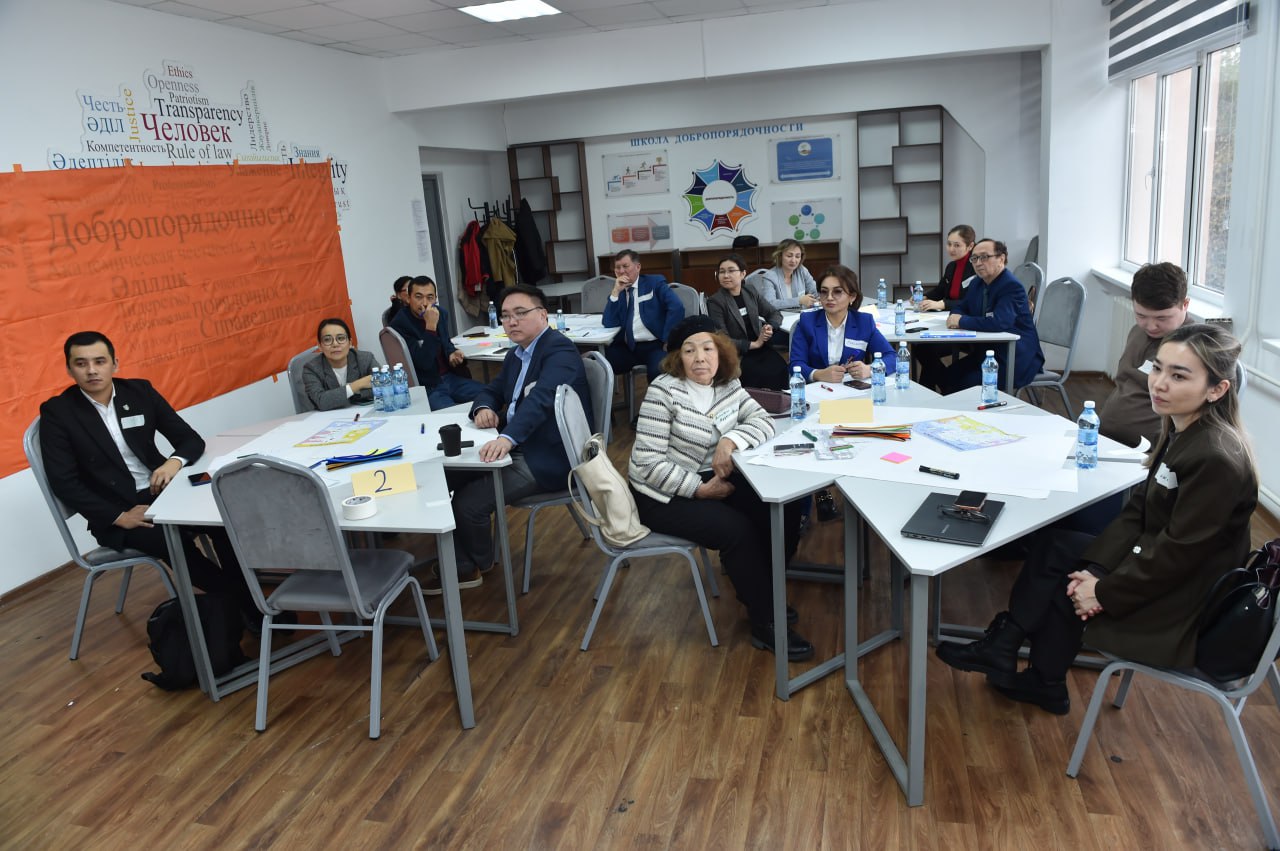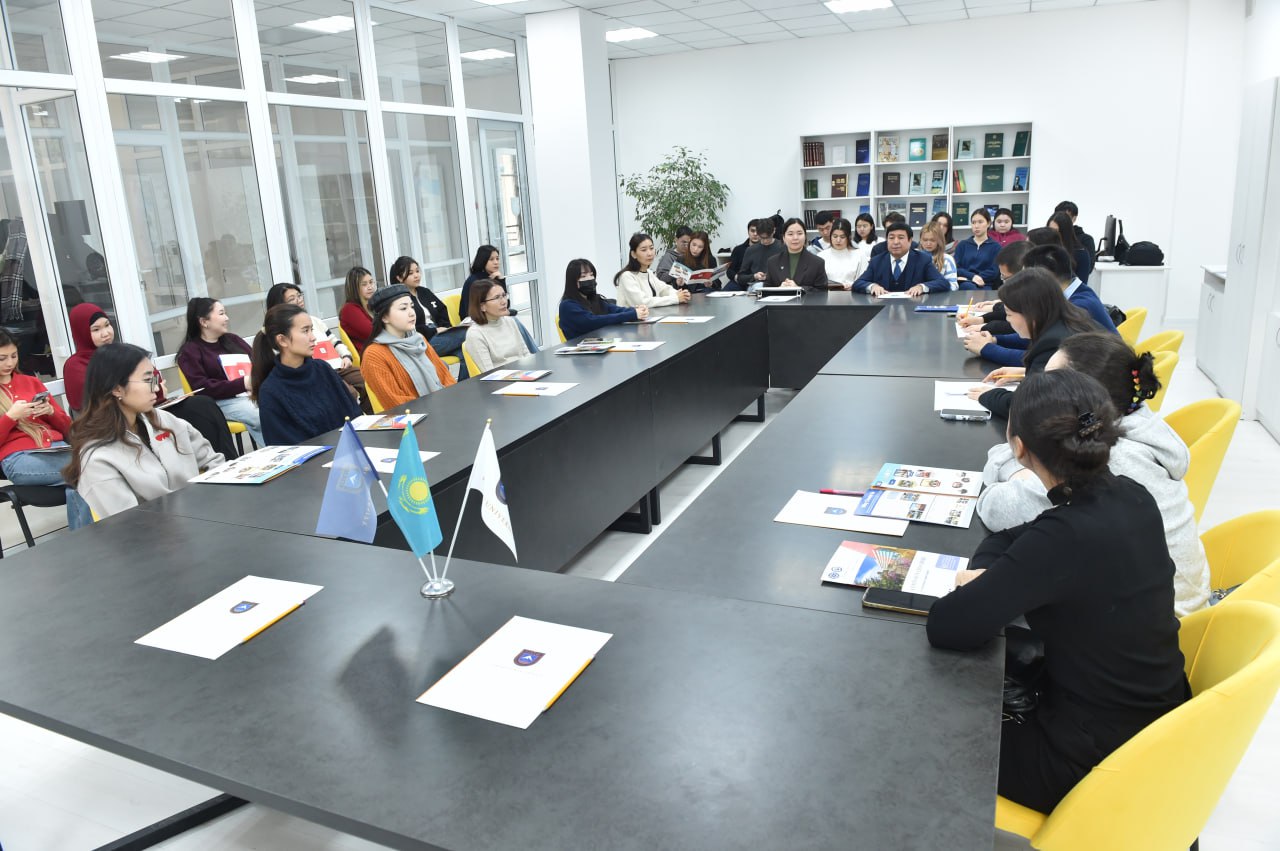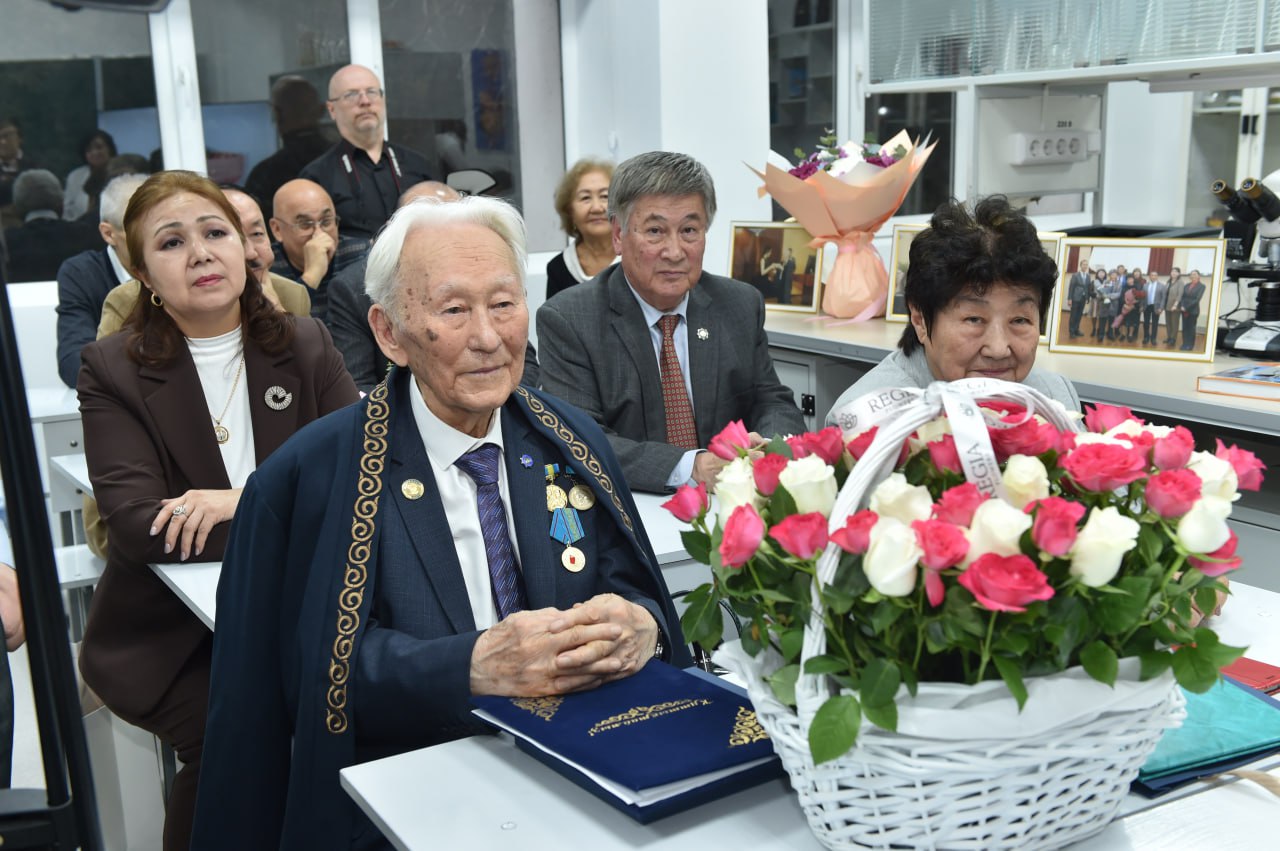Michal LABENDA,
Ambassador Extraordinary and Plenipotentiary of Poland to Kazakhstan:
Our Reference:
Michał Labenda was born on 10 September 1974 in Wrocław, Poland. In 1993 graduated with honours from the general education lyceum named after Stefan Zieranski in G. Góra with an advanced study of German. Then studied at the Kazakh National University named after Al-Farabi, first at the preparatory department for foreign students, and in 1994 entered the Arabic language department of the Faculty of Oriental Studies. In 1999 he graduated and received the qualification ‘orientalist-philologist, teacher of Arabic language and literature, translator-referent’ in the speciality of Oriental Studies. In 2006 he defended his doctoral thesis at the Institute of Linguistics of the University of Warsaw. After graduating from Al-Farabi KazNU he worked in the Ministry of Foreign Affairs of Poland. He worked at the Polish Embassy in Uzbekistan, Ambassador Extraordinary and Plenipotentiary of the Polish State in the Egyptian country, the Republic of Sudan, Azerbaijan, Turkmenistan and Mongolia. Recently he was appointed Ambassador Extraordinary and Plenipotentiary of the Polish State to Kazakhstan.
- I first came to Kazakhstan in 1993. In the same year I entered the preparatory department of the Kazakh National University for Foreign Students to study the Kazakh language. The following year, having entered the university, I passed all my exams and entered the Arabic language department of the Faculty of Oriental Studies. At that time Kazakhstan was only two years from independence and the economic situation was very difficult. Nevertheless, all I still remember is that the Kazakh people welcomed me with sincere spirit. Friends, acquaintances, teachers would ask: ‘what kind of help do you need, you don't squeeze me from anything? ’It was always Bayek. Of course, for thirty years everything has changed. Because Kazakhstan is a very fast-growing country. Today I took a little walk around Almaty. I told you that many things have changed, the only thing that hasn't changed is the mountain. As before, it stands in a strange position. Of course, the Almaty I saw and recognised thirty years ago does not exist now. Cities grow, change. This time, when I arrived in Kazakhstan, I read Yuri Dombrovsky's book ‘The Keeper of the Antiquities’. A book written in Russian. The author was exiled to Alma-Ata in the 1930s. He wrote about this city. I mean that the Almaty I saw, written by the same author, is quite different now. I am very glad that Almaty is developing in such a way. After all, this is a modern city. However, I miss the Almaty of thirty years ago. I long for it. My youth passed here, one of the most interesting periods of my life. At that time, the city was so quiet. Between 1993 and ‘99 I made a lot of friends. With my classmates, girl-guys who were in a group together, we communicate and talk to this day. They are not like 50 year old adults, as in the same youth we were together as 22-23 year old girl-boys. There are teachers among them, many of them work in Almaty and Astana, abroad.
Of course, it would be redundant to say that I learnt Kazakh straight away. The Kazakh language is not at all like the European languages. Moreover, it is a very picturesque, very rich language. When I was a student, I lived in dormitory #15. In this dormitory there were Oralmans, now we-Kandas, there were a lot of them. They didn't know Russian. This was good for me, and I had to speak Kazakh to get along with them. It helped me a lot to break the language. To be honest, I really like the Kazakh language. And one of the reasons I don't forget the language is that I use Kazakh both in the service and in diplomatic relations. I've been communicating with Kazakhs so I don't forget the language where I've been. Moreover, now, thank goodness, Kazakh language content has increased as well. I read in the social network Kazakh information, News. For example, I have a Kazakh channel in Instagram. Subscribe to it, write comments in Kazakh. If you find a mistake, have suggestions-comments, write, I will be grateful.
Having received his education in Kazakhstan, after returning to the country he worked in the Ministry of Foreign Affairs. At that time, there were 14 applicants for one place. Thank God, thanks to my knowledge, I passed the competition without any problems. Then I went to serve in Japan, where I studied Japanese for a year. Then I came to Uzbekistan to serve in the embassy. I was an ambassador in Azerbaijan, Mongolia, Egypt. And now, here I am in Kazakhstan. I am grateful to the Minister of Foreign Affairs of my country for sending me to Kazakhstan. On the 18th of September I got to Kazakhstan. Of course, I can't say that in all the countries where I was on duty, I learnt the language of that country. For example, when I was in Mongolia, I noticed that Mongolian is a very difficult language. I don't hear the vowels of that language at all. The spelling is special too. That's why it's so difficult to master. And after studying Oriental Studies in Kazakhstan, I know Arabic literary language very well. Among Arabic speakers it is difficult to understand Kuwaiti dialect, just like Kyrgyz, I understand Kyrgyz because I know Kazakh, but I can't speak it. And I have learnt Azerbaijani. However, what I know for sure is six or seven languages.
Almaty is the most important city in Kazakhstan's economy. My first visit to Kazakhstan in three weeks started with Almaty, KazNU. Now that I am a KazNU graduate myself, I am very hot for this educational institution. KazNU is the closest to my heart, cosy, picturesque place. I also said today at the meeting with the head of the educational institution Zhanseit Kanseitovich that there are many opportunities for the development of inter-university ties. We pay attention to improving co-operation in the development of education and science. Various projects can be developed between educational institutions of the two states. We have an opportunity to organise scientific meetings of scientists and open a double diploma project for students. In the future, if God wills, all this will happen. In conclusion, I would like to say that this year marks the 90th anniversary of Al-Farabi KazNU. Happy Birthday! May KazNU join the world-recognised universities, increase the number of students, their results. May your students, like me, always tell warm, sunny memories.
Gulzat
NURMOLDAKYZY
Other news


